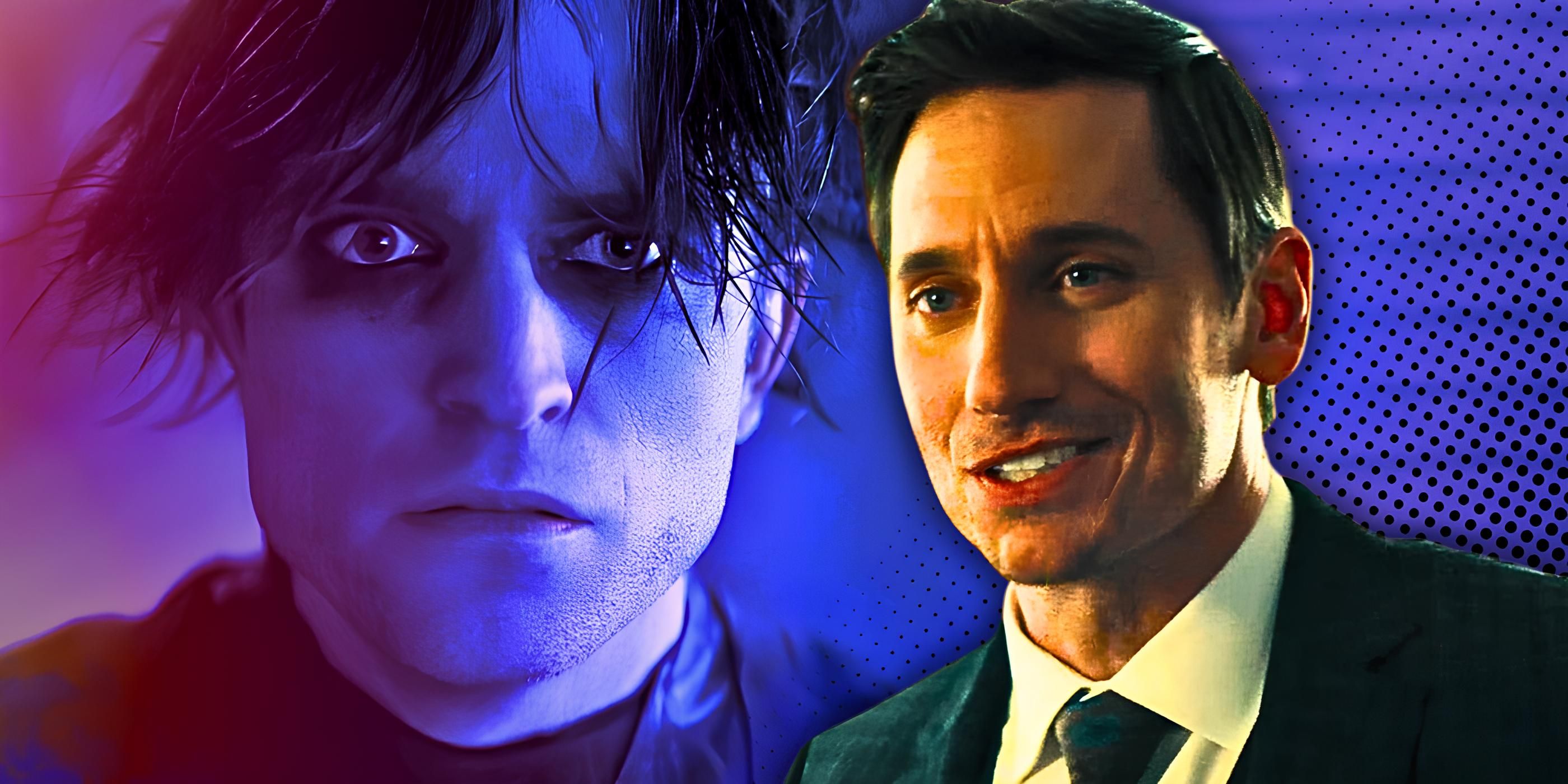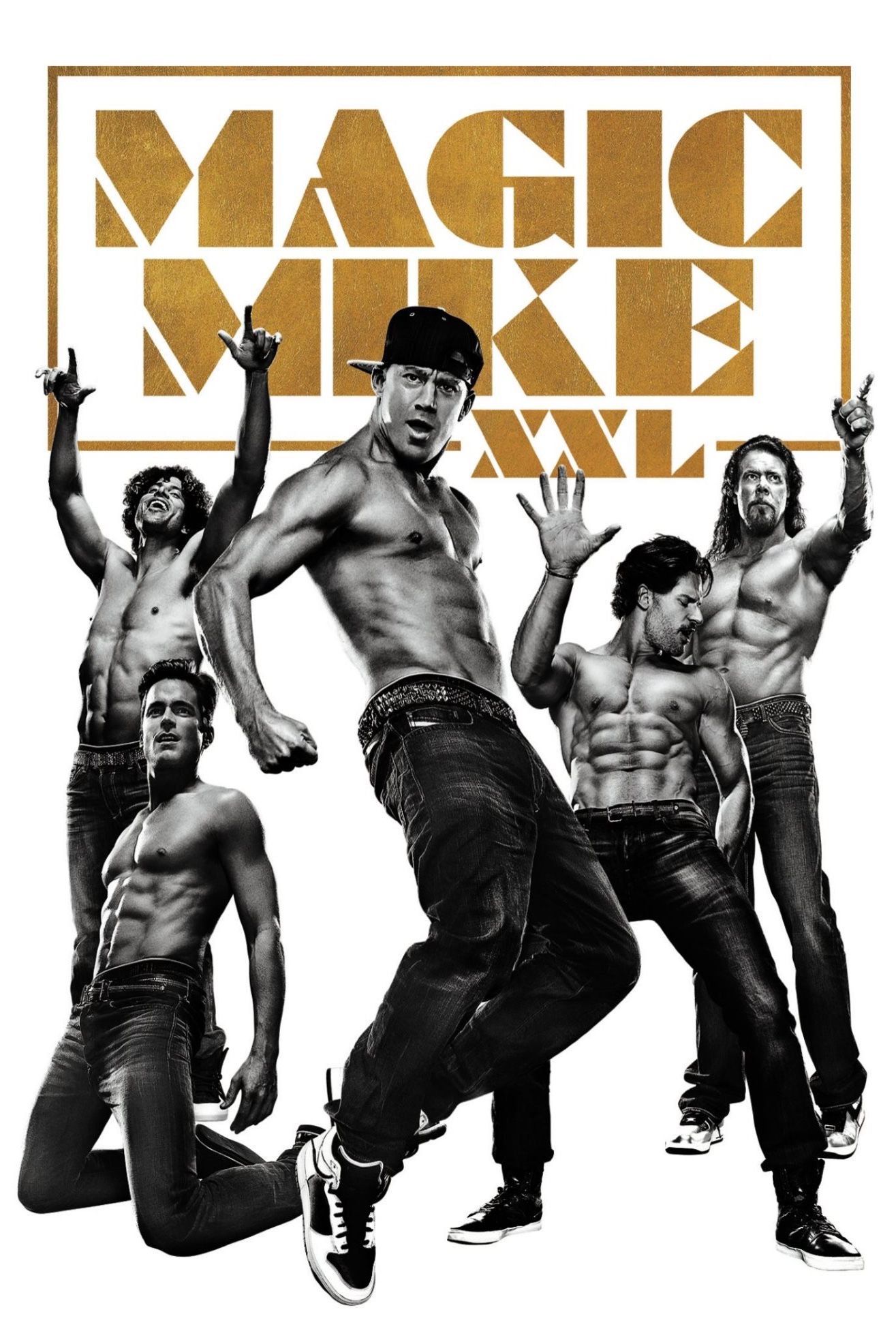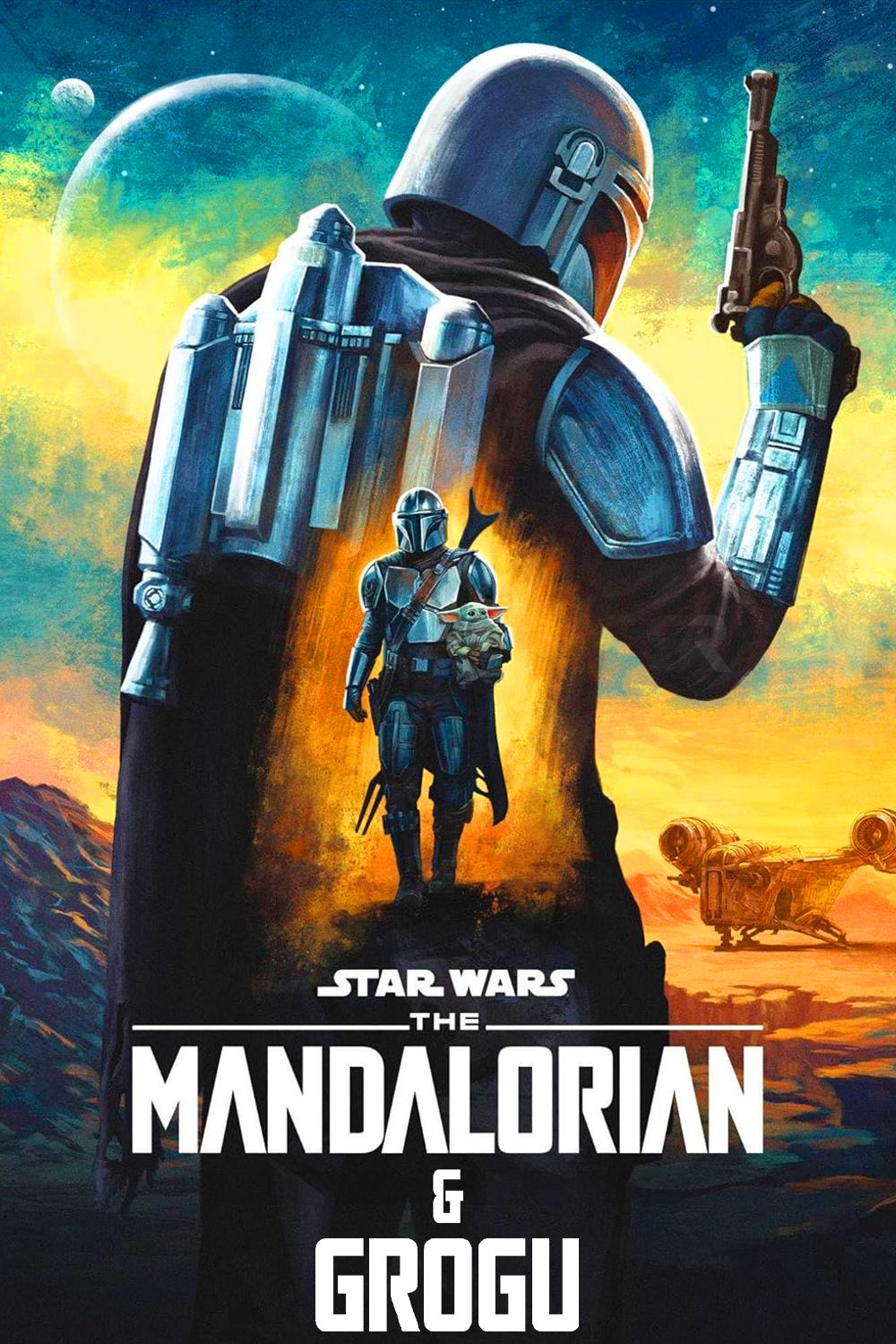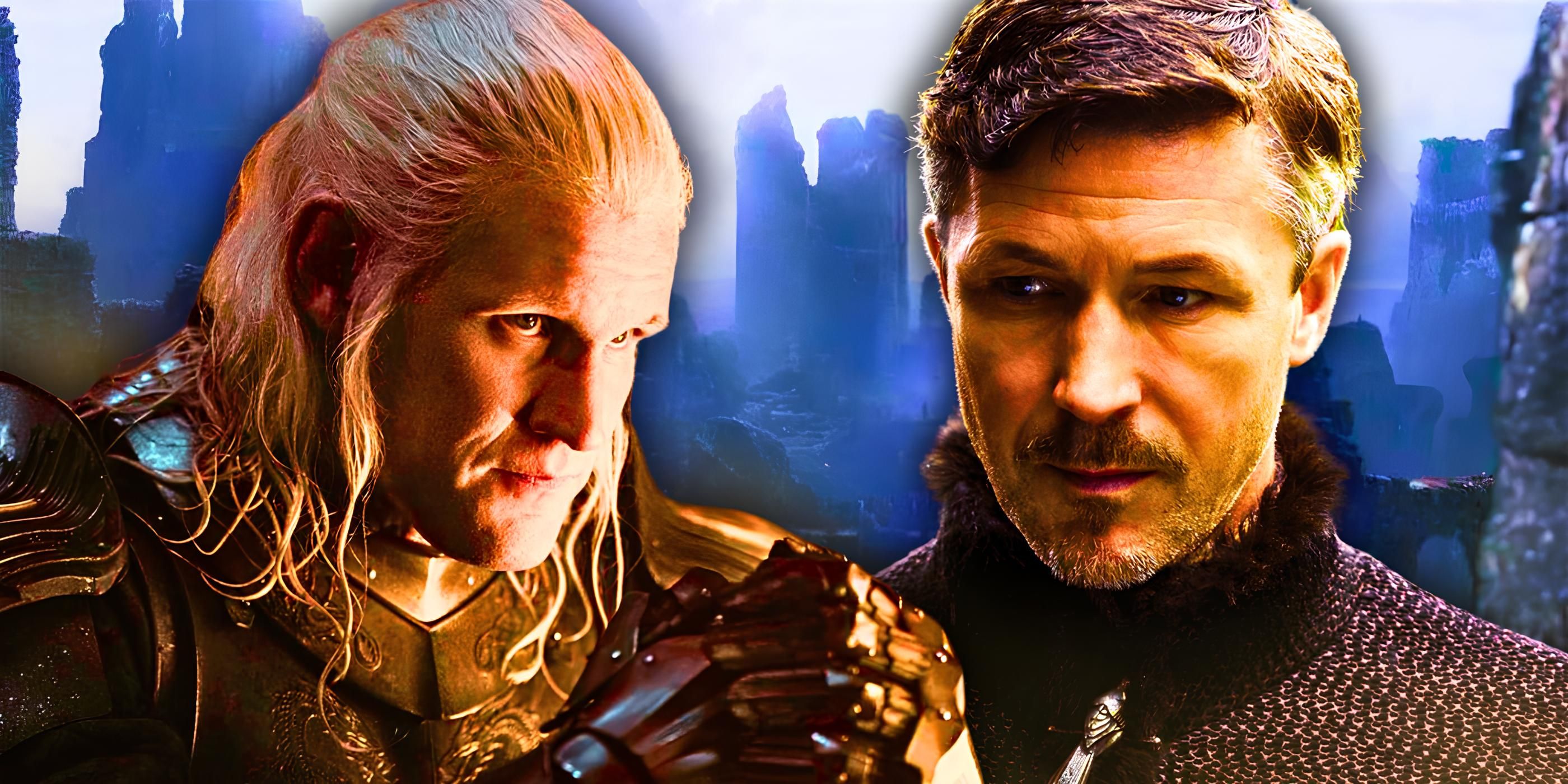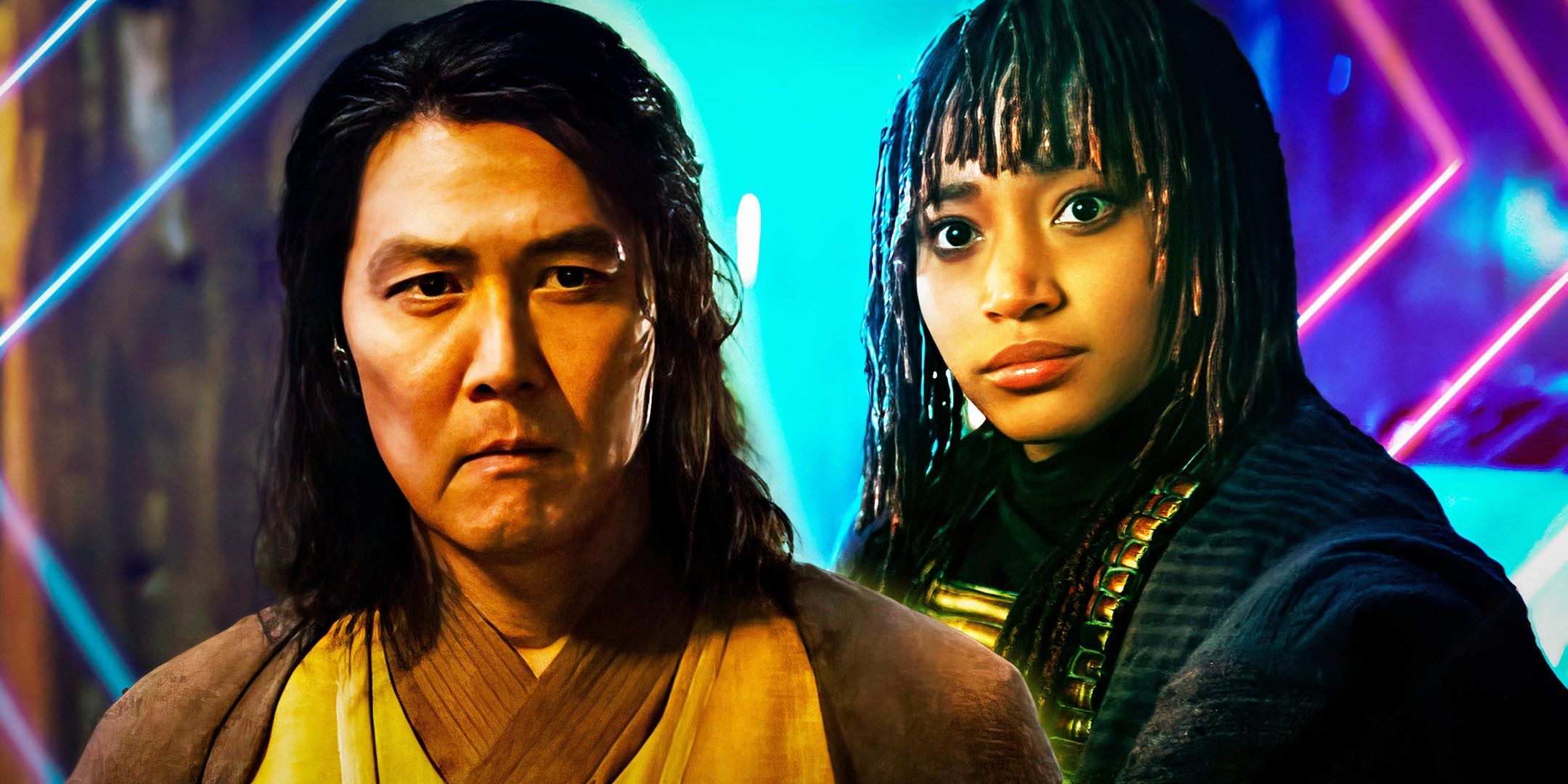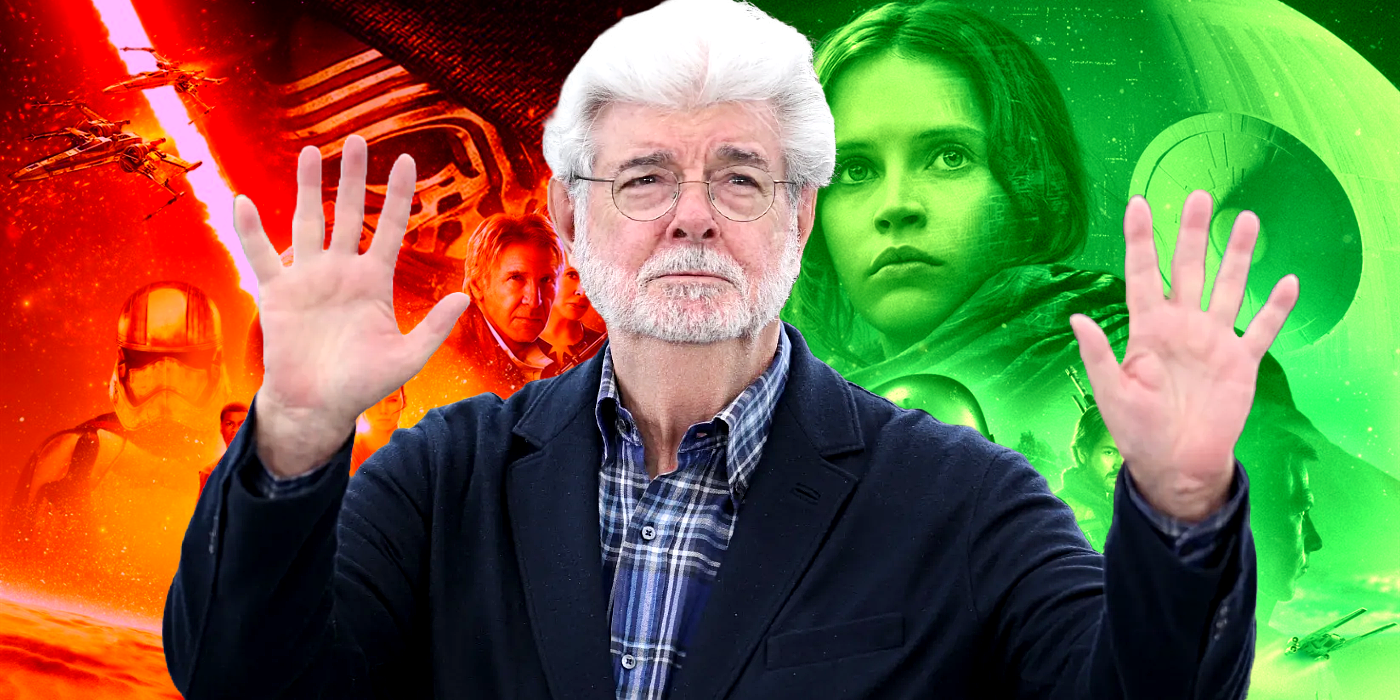Ridley Scott is ramping up to make a Blade Runner sequel that takes place after Blade Runner 2049, and the continuation of the sci-fi franchise can finally settle the biggest Harrison Ford debate for good. Based on everything known about Blade Runner 2099, the project is a mini-series that takes place fifty years after the events of Blade Runner 2049 and, much like how Blade Runner built off the themes explored in Philip K. Dick’s Do Androids Dream of Electric Sheep?, it will examine themes reminiscent of Aldous Huxley’s Brave New World, where humans have been engineered into an intelligence-based social hierarchy.
It’s not known whether Harrison Ford will reprise his role as Deckard, or if Ryan Gosling’s Officer K will return, but with the Wallace Corporation still manufacturing replicants, there will still be plenty of ways to use their interactions with humans to examine themes of life, death, compassion, and what it means to be human. Perhaps they’ll pursue the message embodied by Officer K, and replicants will work alongside humans to achieve a harmonious existence rather than a begrudging association, and in so doing, circle back around to a debate that’s been dogging the Blade Runner franchise since the first film was released in 1982.
Blade Runner 2099 Can Confirm (In-Universe) Rick Deckard Was Always A Replicant
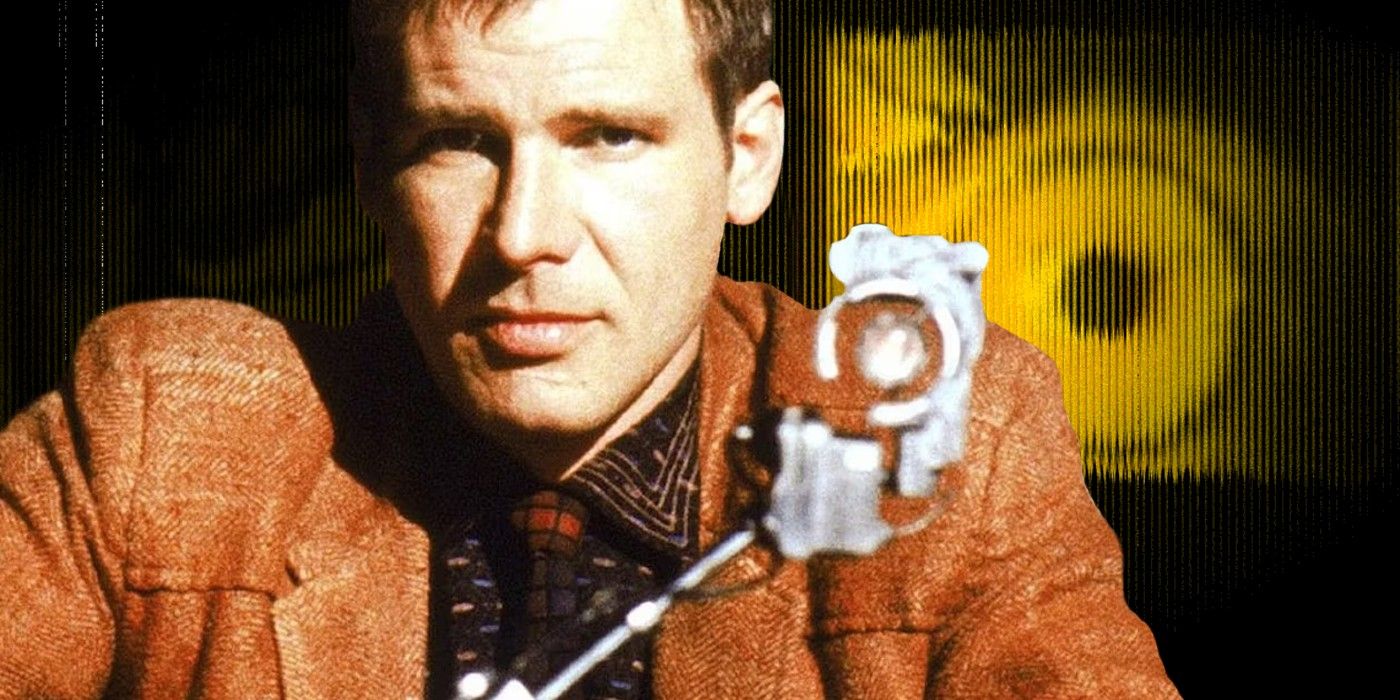
Since Blade Runner debuted, fans have been wondering whether Rick Deckard was a replicant or not, and Blade Runner 2099 can finally confirm this In-Universe. While he was initially reluctant to provide any sort of answer one way or the other, Harrison Ford finally agreed with Ridley Scott that Deckard was, in fact, a replicant, but it was never made clear in Blade Runner 2049. Now, the mini-series has a chance to address the debate, either with a flashback or a throw-away line for fans.
Deckard probably won’t appear in Blade Runner 2099 considering Ford’s interest and schedule, but if it references him, then this is the best chance Scott will have to make his opinion canon. Considering that Ford finally agrees with Scott, and the fact that the director is probably going to helm at least the first episode, there’s a good chance fans will finally see the debate settled. Even with the support of Ford and Scott, it will still prove divisive, as many fans prefer not to know either way and leave Deckard’s true identity up to interpretation.
Why Deckard Being A Replicant Is A Good/Bad Thing For Blade Runner
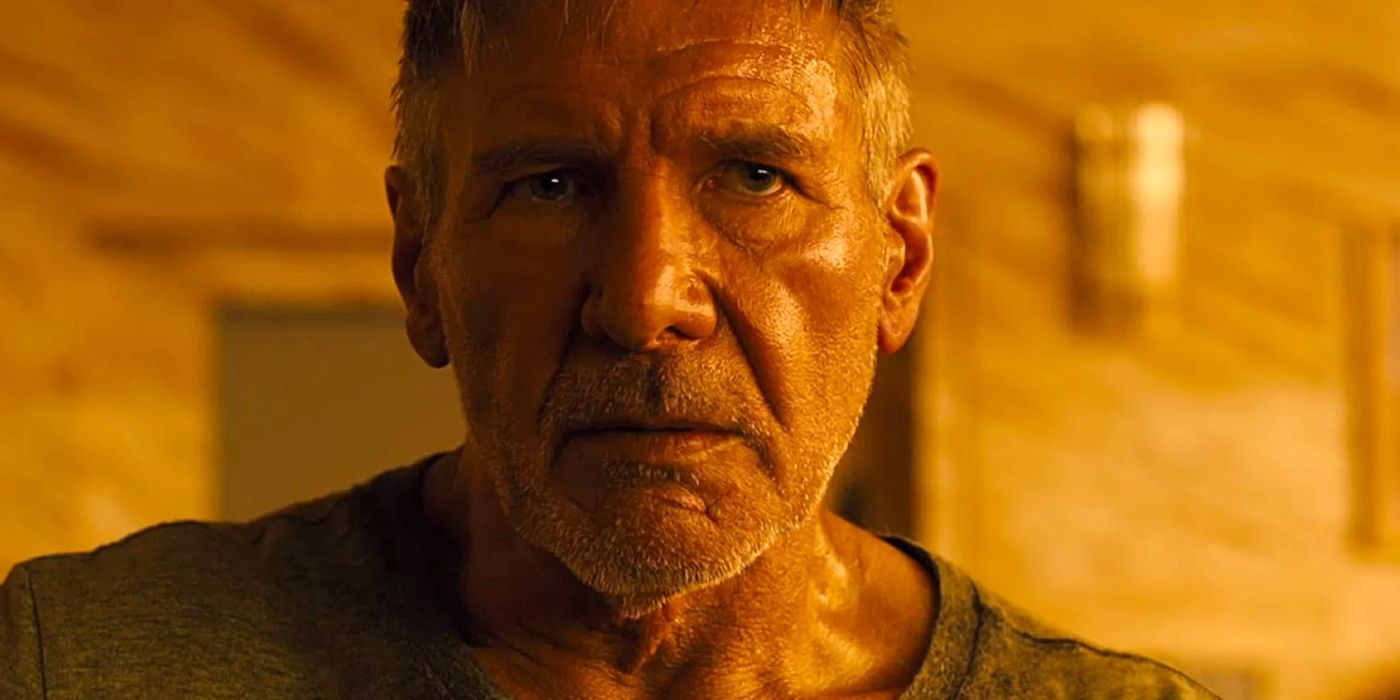
One of the most salient aspects of Blade Runner is the fact that the replicants are full of child-like wonder about life, whereas Deckard, the human asked with chasing them down and murdering them, is hardened and cynical. Devoid of a personal life, isolated, and antisocial, he has an emotional connection with Rachael because she shares similar traits. Therefore, making Deckard a replicant too would rob Blade Runner of its central thesis of the fact that replicants are more human than human, not in appearance, but in heart, and their appreciation for a life that humans take for granted.
Fans can debate how a human got Rachael pregnant in Blade Runner 2049, but Deckard’s identity should be kept intentionally ambiguous. The fact that fans don’t know, and in fact, Deckard doesn’t even know, makes Blade Runner an even more compelling movie. If anything, Blade Runner 2099 shouldn’t do anything to disturb the concept of a human who needs to become a methodical robot to hunt down synthetic life forms yearning for life, and perhaps even build on that concept with the Wallace Corporation still manufacturing replicants when replicants like Officer K live alongside humans.
